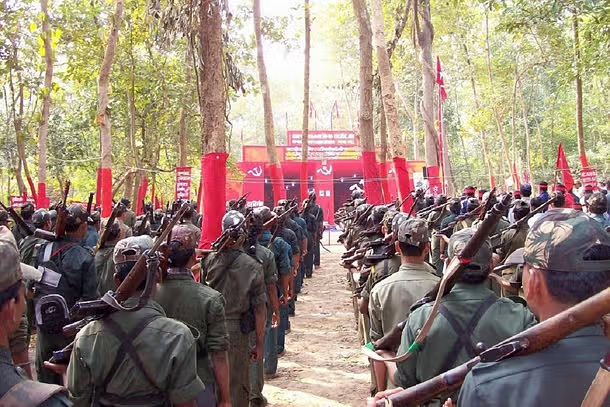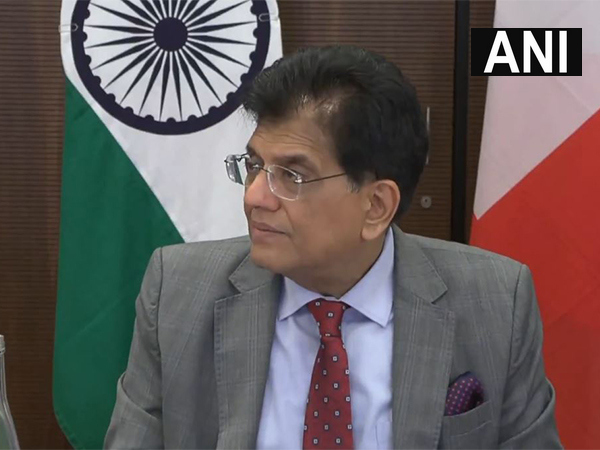Now Reading: Left Parties Urge PM to Halt Anti-Maoist Operation in Chhattisgarh, Cite Civilian Concerns
-
01
Left Parties Urge PM to Halt Anti-Maoist Operation in Chhattisgarh, Cite Civilian Concerns
Left Parties Urge PM to Halt Anti-Maoist Operation in Chhattisgarh, Cite Civilian Concerns

Several Left parties have jointly written to Prime Minister Narendra Modi expressing their opposition to the ongoing anti-Maoist operation in Chhattisgarh’s Bastar region. The leaders claim the security action may put innocent tribal lives at risk and escalate tensions in an already sensitive area. The letter reflects growing political concern over the human cost of militarized responses in conflict-hit zones.
Rising Tensions in Bastar
The Bastar region has long been a hotbed of Maoist activity, drawing consistent focus from central and state forces. Recently, the government launched what it described as a “decisive operation” to flush out Maoists. However, Left leaders argue that these operations often blur lines between insurgents and villagers, leading to alleged human rights violations.
The parties have urged the government to adopt a dialogue-based approach and strengthen civil governance rather than resorting to armed action.
Tribal Communities Caught in the Middle
At the heart of the issue are the tribal communities living in remote forested areas of southern Chhattisgarh. These groups often face disruption during anti-Maoist drives, with reports of displacement, fear, and restricted movement.
Local activists and rights groups have echoed similar concerns, stating that development schemes and welfare measures are overshadowed by heavy security presence. The appeal from Left parties highlights this imbalance, calling for greater transparency and accountability.
The Political Divide
While the central government and ruling state authorities have defended the operations as necessary for national security, opposition parties see it as a political and humanitarian failure. They argue that the region’s deep-rooted poverty, lack of education, and historical neglect need attention—not force.
This division also resonates with voters in smaller towns and districts who may not support violence but are also wary of unchecked military actions in rural heartlands.
Impact on Tier 2 and Rural Areas
For Tier 2 cities near conflict zones like Jagdalpur, Dhamtari, and Raipur, the unrest poses both economic and social challenges. Disrupted connectivity, declining local business, and fear among migrant workers and students are common outcomes during such operations.
Efforts to integrate these cities into larger development plans may be slowed if the perception of instability continues. A stable and rights-focused approach could help transform these regions into peaceful contributors to state progress.
Conclusion
The letter from Left parties to the Prime Minister brings attention to the fine balance between national security and civil rights. As the Chhattisgarh operation intensifies, political voices are calling for more humane alternatives. The larger question remains—can the state ensure peace without alienating the very people it seeks to protect?

























